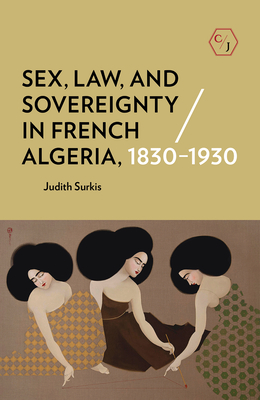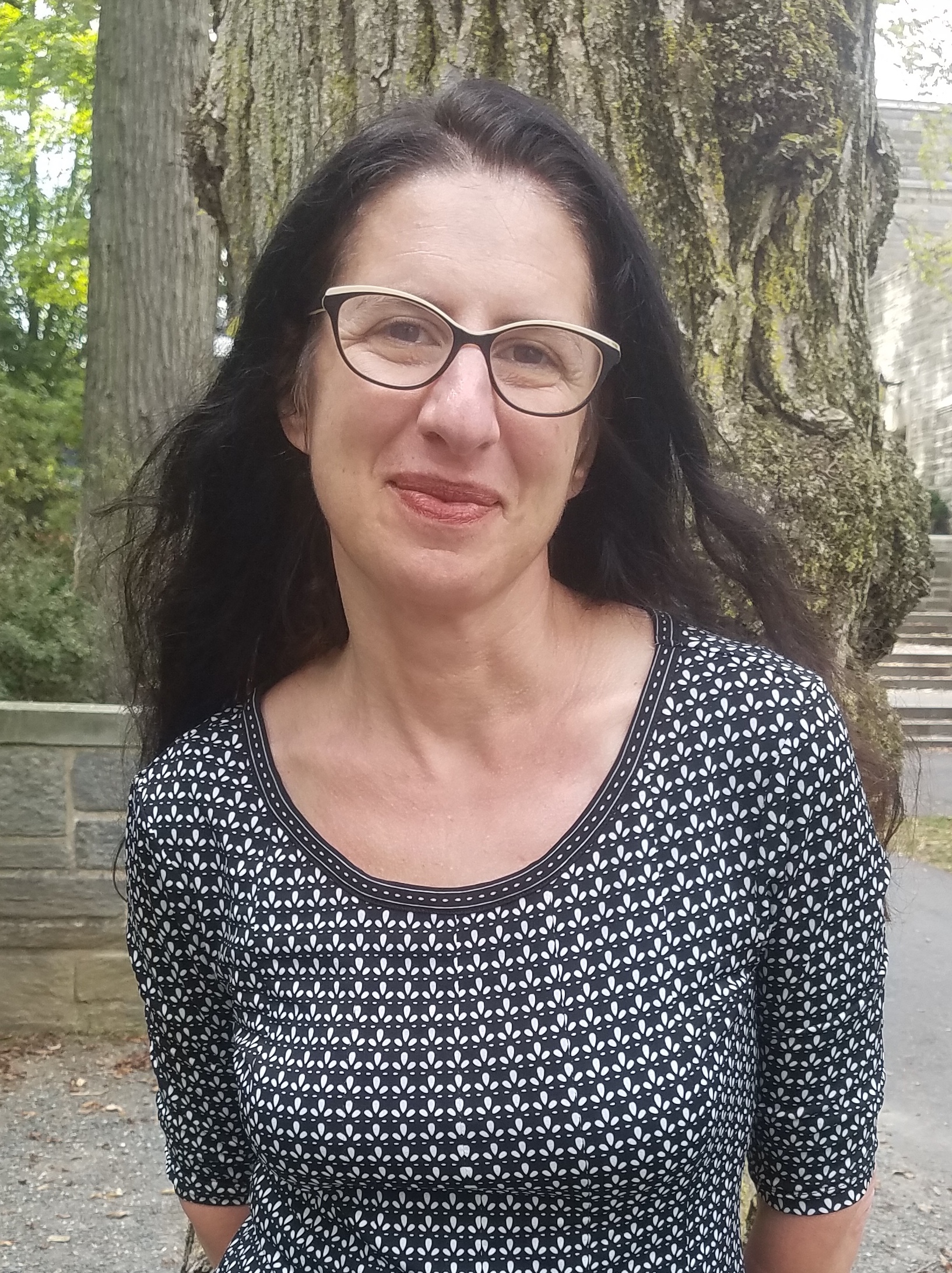

 Cornell University Press
Cornell University Press
Sex, Law, and Sovereignty in French Algeria, 1830-1930


Key Metrics
- Judith Surkis
- Cornell University Press
- Hardcover
- 9781501739491
- 9.02 X 5.98 X 0.94 inches
- 1.52 pounds
- Law > Administrative Law & Regulatory Practice
- English
 Secure Transaction
Secure TransactionBook Description
During more than a century of colonial rule over Algeria, the French state shaped and reshaped the meaning and practice of Muslim law by regulating it and circumscribing it to the domain of family law, while applying the French Civil Code to appropriate the property of Algerians. In Sex, Law, and Sovereignty in French Algeria, 1830-1930, Judith Surkis traces how colonial authorities constructed Muslim legal difference and used it to deny Algerian Muslims full citizenship. In disconnecting Muslim law from property rights, French officials increasingly attached it to the bodies, beliefs, and personhood.
Surkis argues that powerful affective attachments to the intimate life of the family and fantasies about Algerian women and the sexual prerogatives of Muslim men, supposedly codified in the practices of polygamy and child marriage, shaped French theories and regulatory practices of Muslim law in fundamental and lasting ways. Women's legal status in particular came to represent the dense relationship between sex and sovereignty in the colony. This book also highlights the ways in which Algerians interacted with and responded to colonial law. Ultimately, this sweeping legal genealogy of French Algeria elucidates how the Muslim question in France became--and remains--a question of sex.
Author Bio
I'm professor of history at Rutgers since 2012.
I specialize in Modern European History, with an emphasis on France and the French Empire, gender and sexuality, and intellectual, cultural, and legal History. My research and teaching range across the nineteenth and twentieth centuries, examining questions of sex and citizenship, colonialism and postcolonial migration, as well as critical theory and historical methodology. I welcome inquiries from graduate students interested in these fields.
I am currently working on The Intimate Life of International Law: Children and Development After Decolonization, which examines how population movements tested the boundaries of postcolonial sovereignty by focusing on international family law conflicts. Taking the case of the children of binational couples as a point of departure, I examine postwar transformations in kinship, women and children’s rights, feminism, and global legal orders in a shared analytical frame. This work grows out of my recent book Sex, Law, and Sovereignty in French Algeria, 1830-1930 (Cornell University Press, 2019), which showed how colonial law framed Algerian religious difference as a form of sexual difference and how Algerians worked within and against this legal frame. Progressively detached from land, the French colonial construction of Muslim law was bound to the bodies of Algerian persons and their families. This legal genealogy of French Algeria elucidates why “the Muslim question” became a sexual question– and why it remains one, still today. I also publish regularly on questions of historical theory and methodology.
My work has been funded by fellowships at the Davis Center for Historical Studies at Princeton University, the School of Social Science at Institute for Advanced Study, and the Pembroke Center for Research and Teaching on Women at Brown University. Before coming to Rutgers, I taught at Harvard and Columbia. And I have held visiting professorships at the Sorbonne, Université de Paris-8, and the Ecole normale supérieure.
I also co-directed a research project on Ethical Subjects: Moralities, Laws, Histories (2015-2017) with my colleague, Seth Koven. Housed by the Rutgers Center for Historical Analysis, it received generous funding from the Mellon Foundation as a Sawyer Seminar on the Comparative Study of Cultures.
Source: Rutgers, The State University of New Jersey
Videos












Community reviews
Write a ReviewNo Community reviews